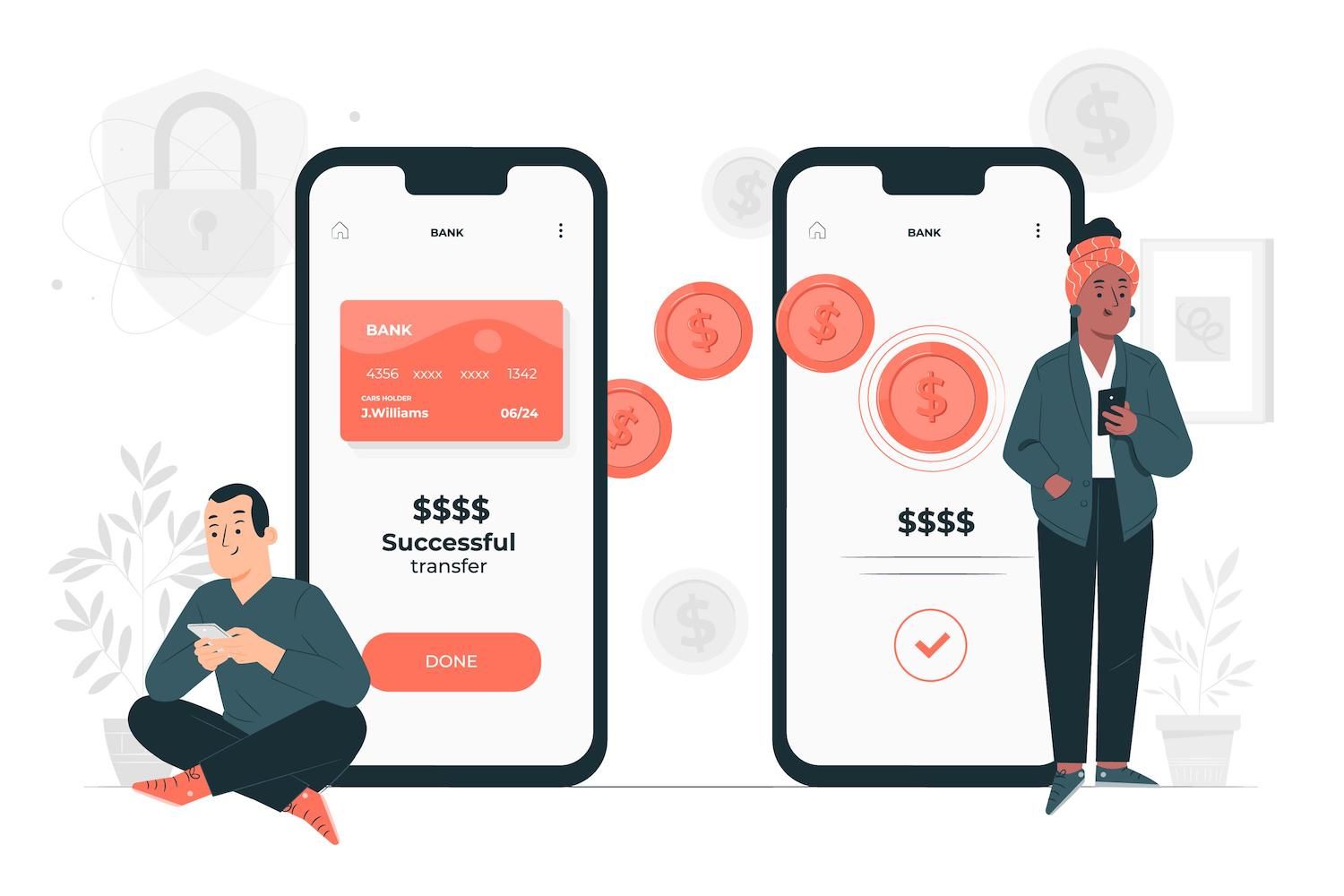Is what Epic wants for App Stores What other Game Developers Really Want? -
While mobile app and game developers gasp for air under a player-gouging 30% duopoly-tax almost all mobile game revenue globally, Epic Games has emerged as the leading gaming company in the fight for open computing for mobile.
privately asked small and large studios for games which features they were looking for in a game, and here's what they asked to see.
Background: The slow death of Open Computing, and the 30% App Tax
Computing has never been more accessible than it is now. For a long time games and software developers have relied on open computing on PC as well as Mac platforms because it has enabled the developers to create titles in any way they wish, maintain an intimate relationship to their users, and choose payment solutions that are suitable for their needs. No gatekeepers were in placeonly a computer players, and a game. The world has changed.
Today, over half of people's computing screen time is spent using mobile devices, a share that's growing -as well as over 99% of global smartphone OS market share is shared between Apple or Google. Due to the dominance of mobile market share and related restrictive controls on distribution of games and ecommerce, the world that is open to computing in danger more than ever previously, and bringing a significant cost to consumers as well as game and app developers.
For instance the two cases, Google as well as Apple's app stores enforce a 30% fee on game sales and other in-game items distributed through their respective platforms. Apple controls 100% of the distribution of games and ecommerce through iOS devices, while Google permits OEM marketplace apps and loading mobile games with sideloading, but severely restricts in-game third-party payments for games distributed through Google Play.
Google Play does offer a payment integration service for third party companies to just a handful of game creators by way of their " user choice billing" pilot but "user choice billing" has a pricey annual marketplace fees of 26% even if you use your own payment service provider and assume all the risk and compliance obligations for payments.
The net effect of Apple and Google's control over such a large share of computing worldwide is that there's a standard 30% tax for mobile games and apps. This tax, paying by users, but is held back from developers of games, and hinders free computing as well as e-commerce. Because of this monopoly on free computing, developers of games both small and large believe that it is time to make changes.
What do game developers who aren't Epic
The team here at embarked on a months-long quest to talk with game studios large and small on what they would like to see happen with mobile app store policies. Although not all of them agreed on all points, here are three of the most popular things they told us they were looking for:
1. iOS to support sideloading games with no scare screens.
iOS is long-time restricted to "sideloading" games and apps where the app is downloaded outside the App Store, from the developer's website or a different marketplace. The sideloading feature allows users to buy and developers to market and distribute games in whatever way they choose and which the player is willing to accept. Android allows sideloading of apps and games but only with the dreadful warnings known by the name of "scare screens" that warn smartphone owners about the dangers of "downloading applications from the web." Many of the game developers we spoke to felt Apple should support sideloading and it is important that Apple and Google should not use the excessive self-serving screens that disparage software distribution beyond their app stores.
2. Allow Unlimited "steering" and embedded payment through third-party payment platforms.
Both Google and Apple place severe restrictions on pricing as well as purchase options supported by third-party payment providers outside the app stores. The same item could be available for an affordable price to the player, but game developers cannot steer their players to those alternatives, provide links to different purchasing experiences, or integrate the third-party experience of purchasing into their games. While many game developers have found great benefits to transactions made through app stores, the overwhelming preferred option was to allow users and developers the ability to choose of steering away from and embedding payment limitations.
3. A 0% cost for steering and embedded payments.
Offering steering or embedded payments is something else, however like we've witnessed with Google's "user preference billing" pilot, having the capacity to take action and the incentive financially to do it are two different factors. The pilot of "user option billing" with a staggering 26% cost for transactions from third party payment service providers, combined with the fees that these providers are charged, it equates to a $0 benefit for most game developers. The game developers we interviewed thought that the 0% rate was fair amount for transactions not in the app store. However most seemed to be in favour that there be some type payment for app stores helping to drive the download and adoption of games. Naturally that a cut of 26% of each transaction made by a third party is quite different from what game developers thought was reasonable.
What's next?
While there are other nuanced wants around how apps operate, which game developers would like to hear about, three wants constitute the root of what they believe would be the most significant change to open computing on mobile devices.
About

